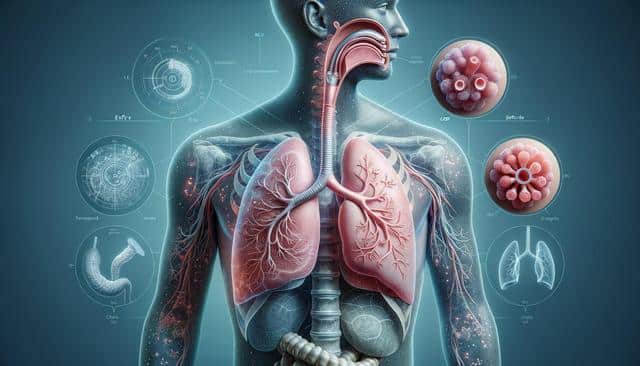Understanding COPD and Its Symptoms
Chronic Obstructive Pulmonary Disease, or COPD, is a long-term condition that affects the lungs and breathing. It’s essential to understand the symptoms to manage the disease effectively. Common signs include chronic cough, shortness of breath, wheezing, and chest tightness. These symptoms typically worsen over time, especially if the patient continues smoking or is exposed to lung irritants. Early diagnosis and a tailored treatment plan are crucial to slowing the progression of the disease and maintaining a good quality of life.
Medication Options for COPD
A comprehensive treatment plan for COPD often involves medication. Bronchodilators are commonly prescribed to help relax the muscles around the airways, making breathing easier. These can be short-acting for quick relief or long-acting for sustained control. Inhaled corticosteroids might also be recommended to reduce inflammation in the lungs. In some cases, doctors might prescribe combination inhalers that incorporate both bronchodilators and corticosteroids. It’s crucial for patients to adhere to their medication regimen and consult their healthcare provider for any concerns or side effects.
Lifestyle Changes to Manage COPD
In addition to medication, lifestyle changes play a significant role in managing COPD. Quitting smoking is the most impactful change, as smoking is the leading cause of COPD. Patients should also avoid exposure to pollutants and irritants. Regular exercise tailored to individual capacity can strengthen respiratory muscles and improve overall stamina. A balanced diet rich in fruits and vegetables also supports lung health. Patients are encouraged to work with nutritionists and physiotherapists to design personalized plans that accommodate their specific needs and limitations.
Therapies and Supportive Treatments
Various therapies can complement medication and lifestyle changes in managing COPD. Pulmonary rehabilitation programs offer education and exercise training to help patients manage their symptoms effectively. Oxygen therapy might be necessary for those with severe COPD to maintain optimal oxygen levels in the blood. Additionally, counseling or support groups can provide emotional support and practical advice, helping patients cope with the psychological aspects of living with a chronic condition. These therapies aim to enhance overall well-being and empower patients in their treatment journey.
Monitoring and Regular Check-Ups
Regular monitoring and follow-up visits with healthcare providers are essential in managing COPD. These check-ups help track the progression of the disease and the effectiveness of the treatment plan. Physicians may perform spirometry tests to measure lung function and make necessary adjustments to the treatment strategy. Patients should communicate any new or worsening symptoms to their doctor promptly. By staying proactive and informed, patients can better manage their condition and maintain a higher quality of life.
Conclusion
Managing COPD effectively requires a multifaceted approach that includes medication, lifestyle modifications, and supportive therapies. By understanding the disease and working closely with healthcare providers, patients can control their symptoms and lead fulfilling lives. It’s important for individuals with COPD to remain committed to their treatment plans and make necessary lifestyle adjustments to enhance their overall well-being and respiratory health.
